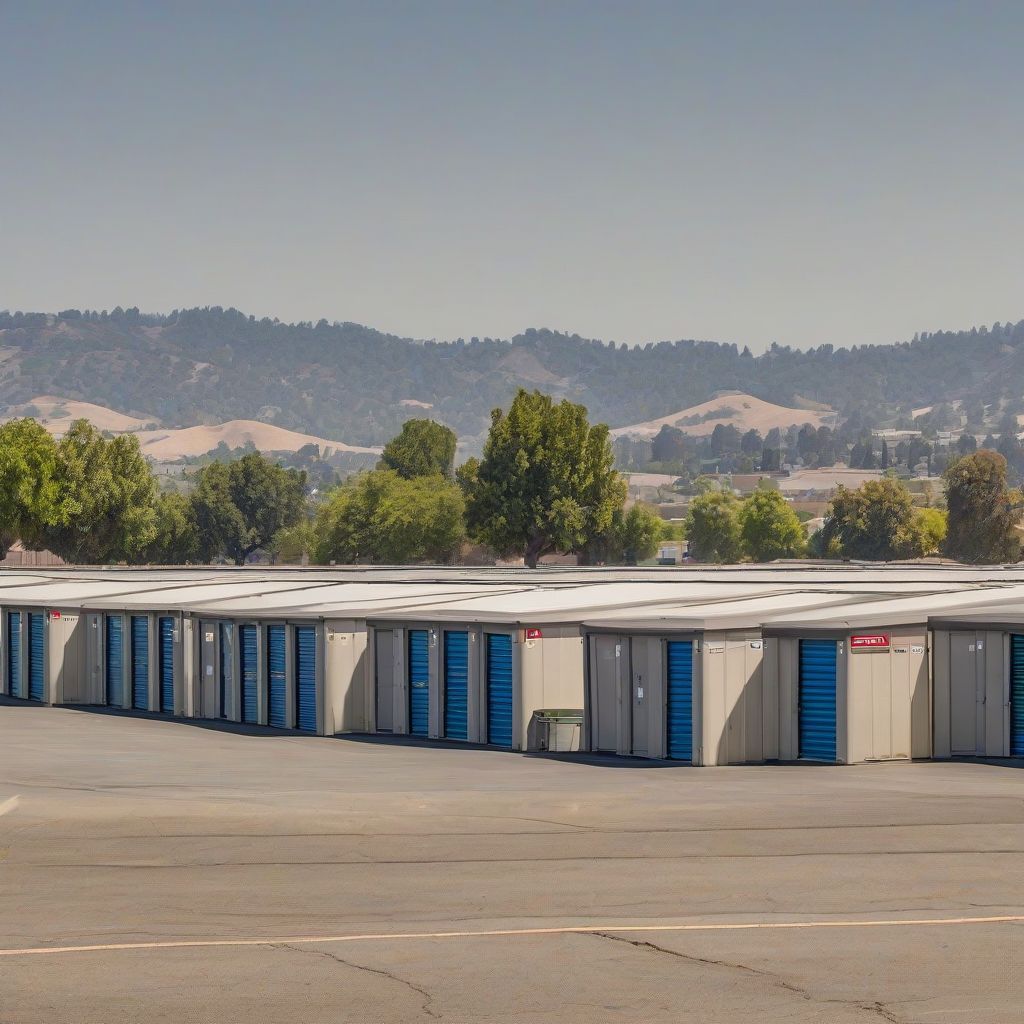In today’s dynamic business landscape, optimizing space and resources is paramount. Whether you’re a seasoned broker, a burgeoning supplier, or a company with expanding inventory, understanding the nuances of “Storage Unit Storage” can unlock a world of possibilities. This comprehensive guide delves deep into the realm of storage unit storage, equipping you with the knowledge to make informed decisions for your business.
What is Storage Unit Storage?
Simply put, storage unit storage refers to the renting of storage space from a storage facility. These facilities offer a wide range of unit sizes, catering to diverse storage needs. From personal belongings to business inventory, equipment, and documents, storage units provide a secure and flexible solution for individuals and businesses alike.
Why is Storage Unit Storage Crucial for Businesses?
The benefits of utilizing storage unit storage for businesses are multifold:
- Increased Space: Free up valuable office or warehouse space by storing excess inventory, seasonal items, or equipment.
- Cost-Effectiveness: Renting storage units often proves more economical than leasing or purchasing additional space.
- Flexibility & Scalability: Easily adjust your storage space as your business needs evolve, scaling up or down as required.
- Enhanced Security: Reputable storage facilities employ robust security measures, including surveillance systems, access control, and climate-controlled units to protect valuable assets.
cayquehoi.com/wp-content/uploads/2024/08/storage-facility-units-66b6e7.jpg" alt="Storage Facility Units" width="1024" height="1024">Storage Facility Units
Common Queries about Storage Unit Storage:
What are the different types of storage units available?
Storage units come in various sizes, ranging from small closet-sized units to large drive-up units suitable for vehicles or bulkier items. Climate-controlled units are also available for sensitive items requiring temperature and humidity regulation.
How do I determine the right storage unit size for my needs?
Most storage facilities offer size guides or online calculators to help estimate the space required. It’s always advisable to err on the side of caution and choose a slightly larger unit to accommodate future needs.
What security features should I look for in a storage facility?
Prioritize facilities with robust security measures like 24/7 surveillance, gated access, individual unit alarms, and well-lit premises.
What are the typical lease terms for storage units?
Lease terms vary but typically range from month-to-month agreements to longer-term contracts. Some facilities offer discounts for extended rental periods.
Key Considerations When Choosing Storage Unit Storage:
- Location: Opt for a facility conveniently located and easily accessible for your business operations.
- Reputation: Research the facility’s reputation by checking online reviews and seeking recommendations from other businesses.
- Pricing & Contract Terms: Compare pricing structures, including any additional fees, insurance requirements, and contract terms.
- Accessibility: Consider the facility’s access hours and any restrictions on vehicle size or access times.
- Insurance Coverage: Ensure adequate insurance coverage for your stored belongings in case of damage, theft, or unforeseen circumstances.
Conclusion:
Storage unit storage presents a practical and adaptable solution for businesses aiming to optimize space, manage inventory effectively, and scale their operations efficiently. By understanding the nuances of storage unit options, security features, and key considerations, businesses can make informed decisions to streamline their operations and unlock their full potential.
As you explore storage unit solutions, remember to conduct thorough research, compare providers, and choose a reputable facility that aligns with your specific business needs.





